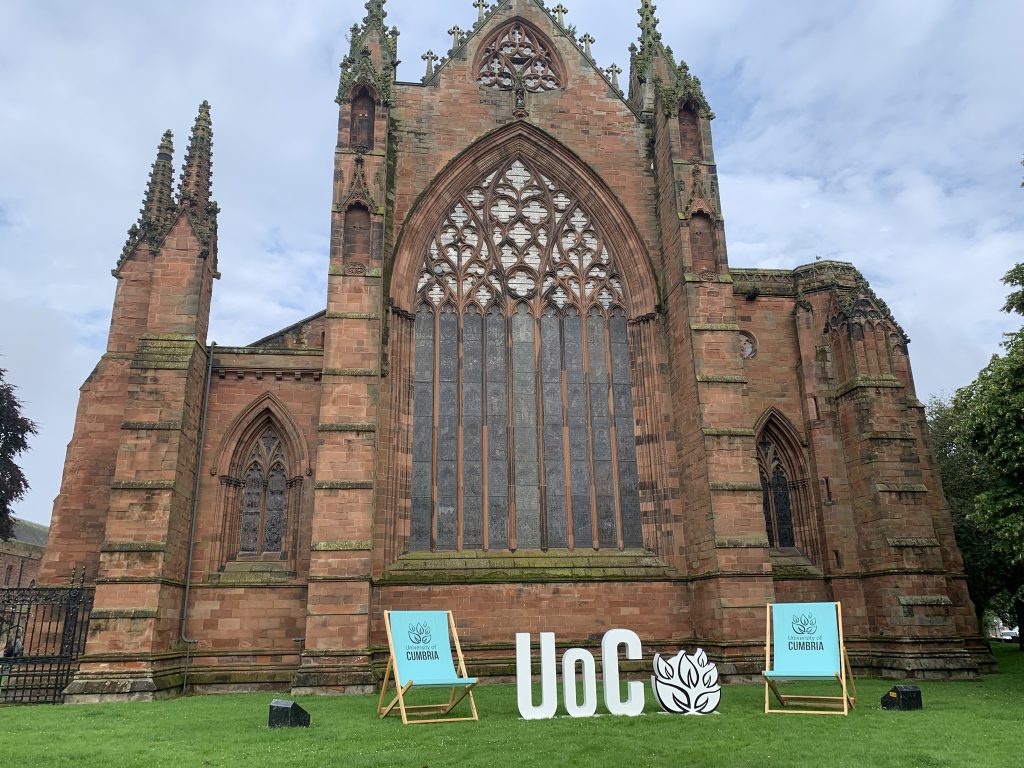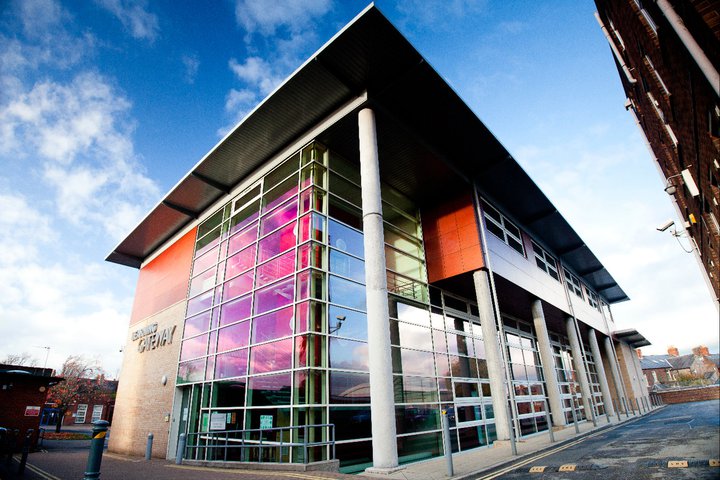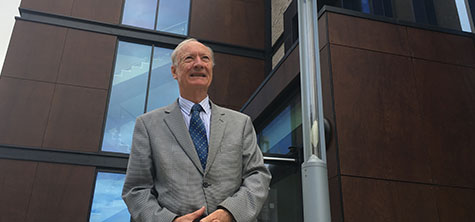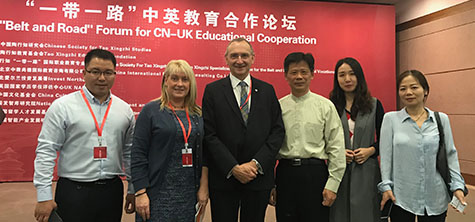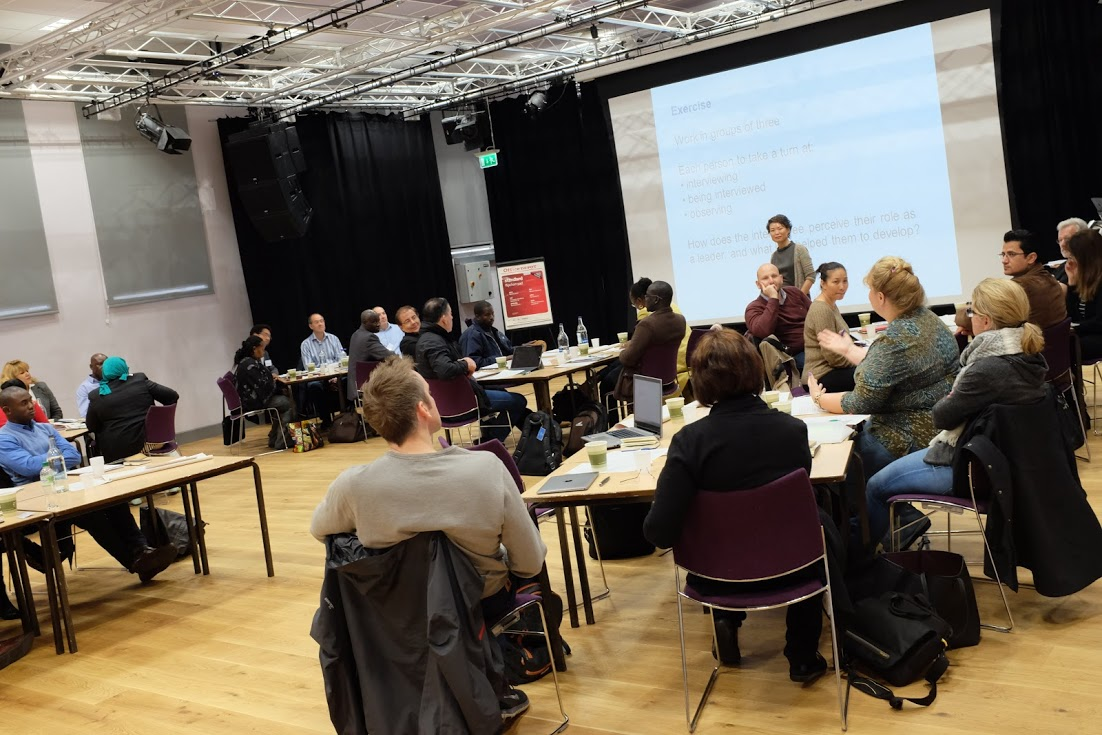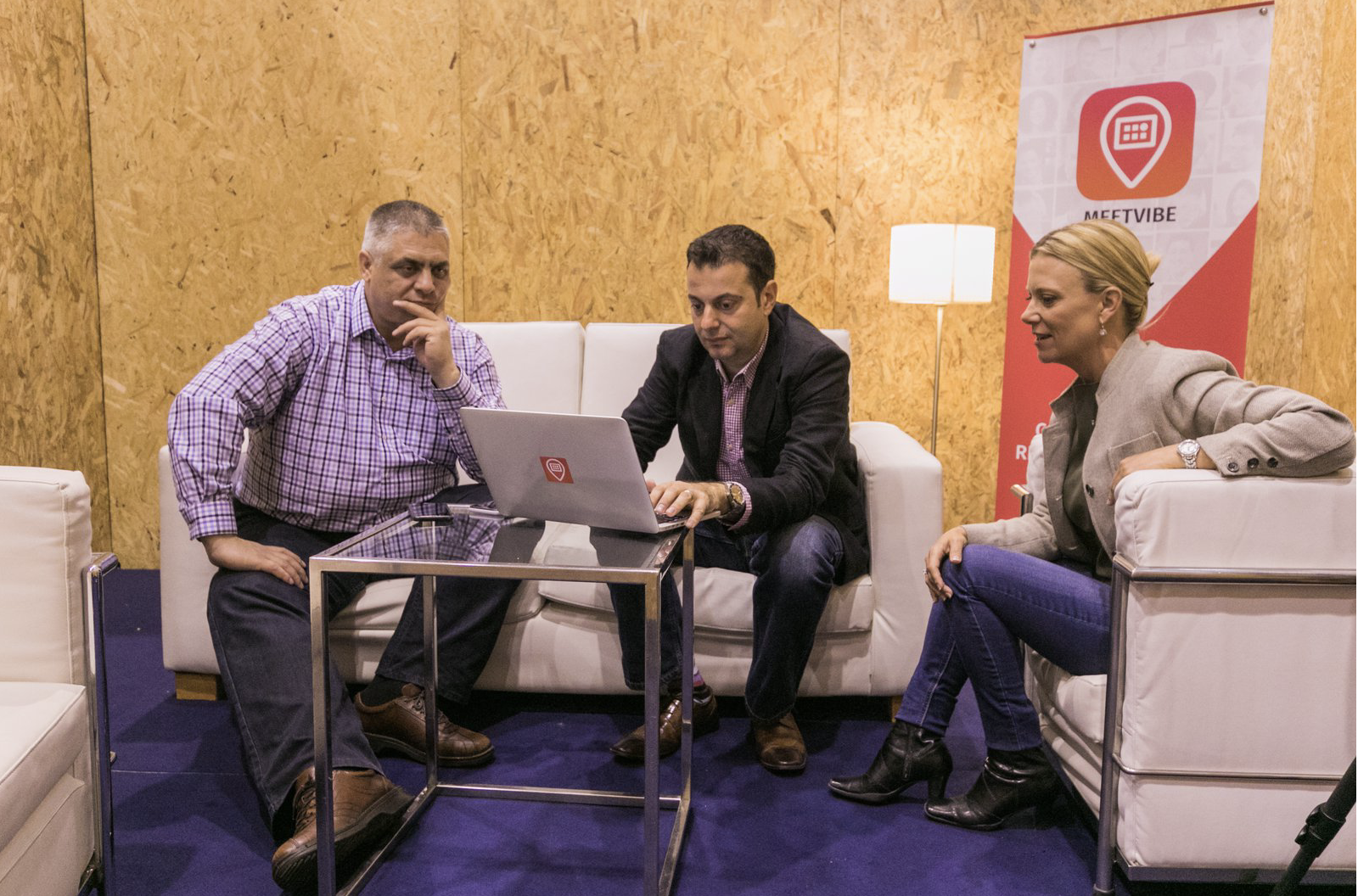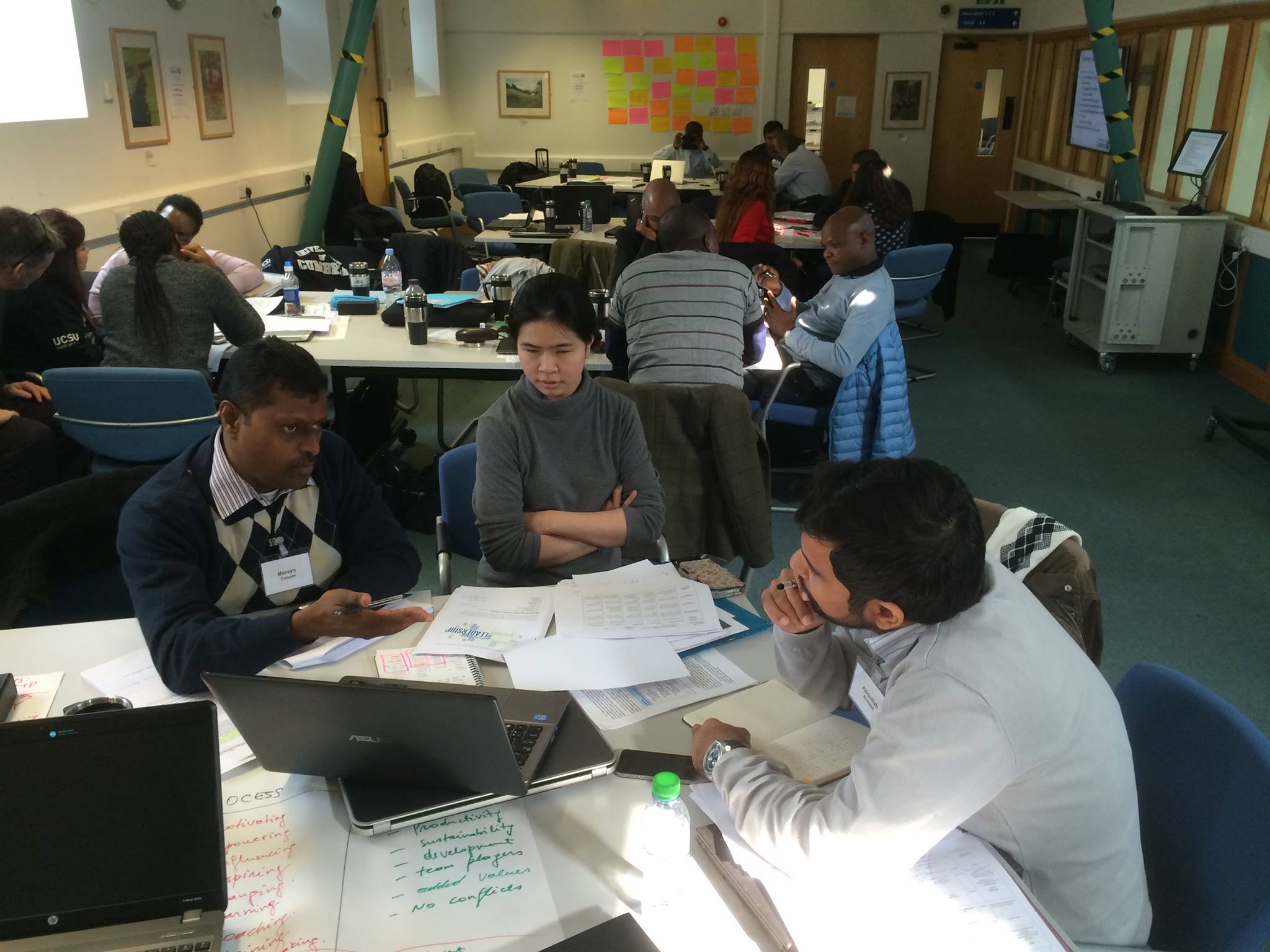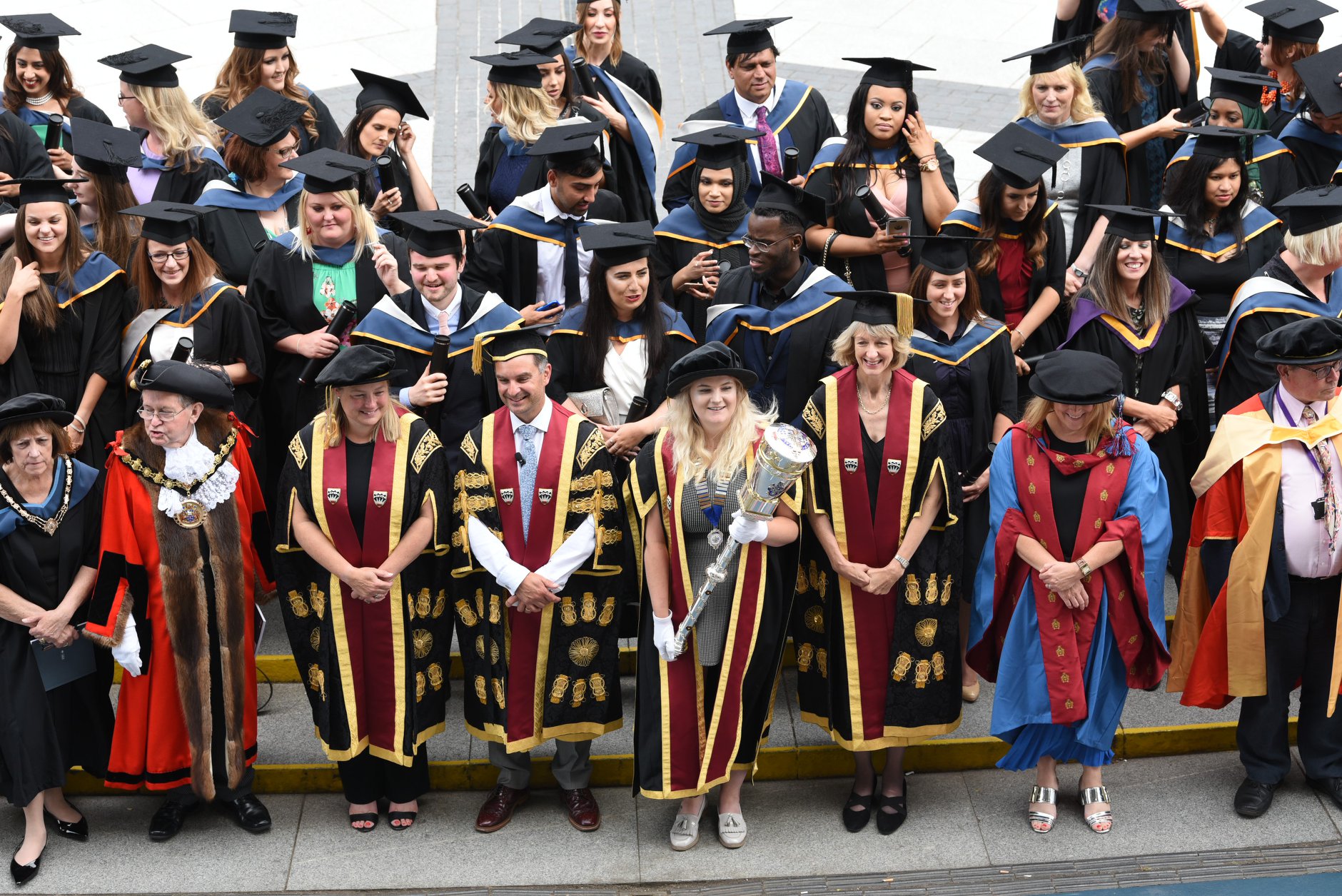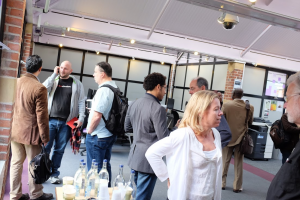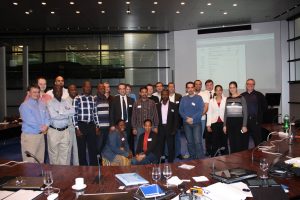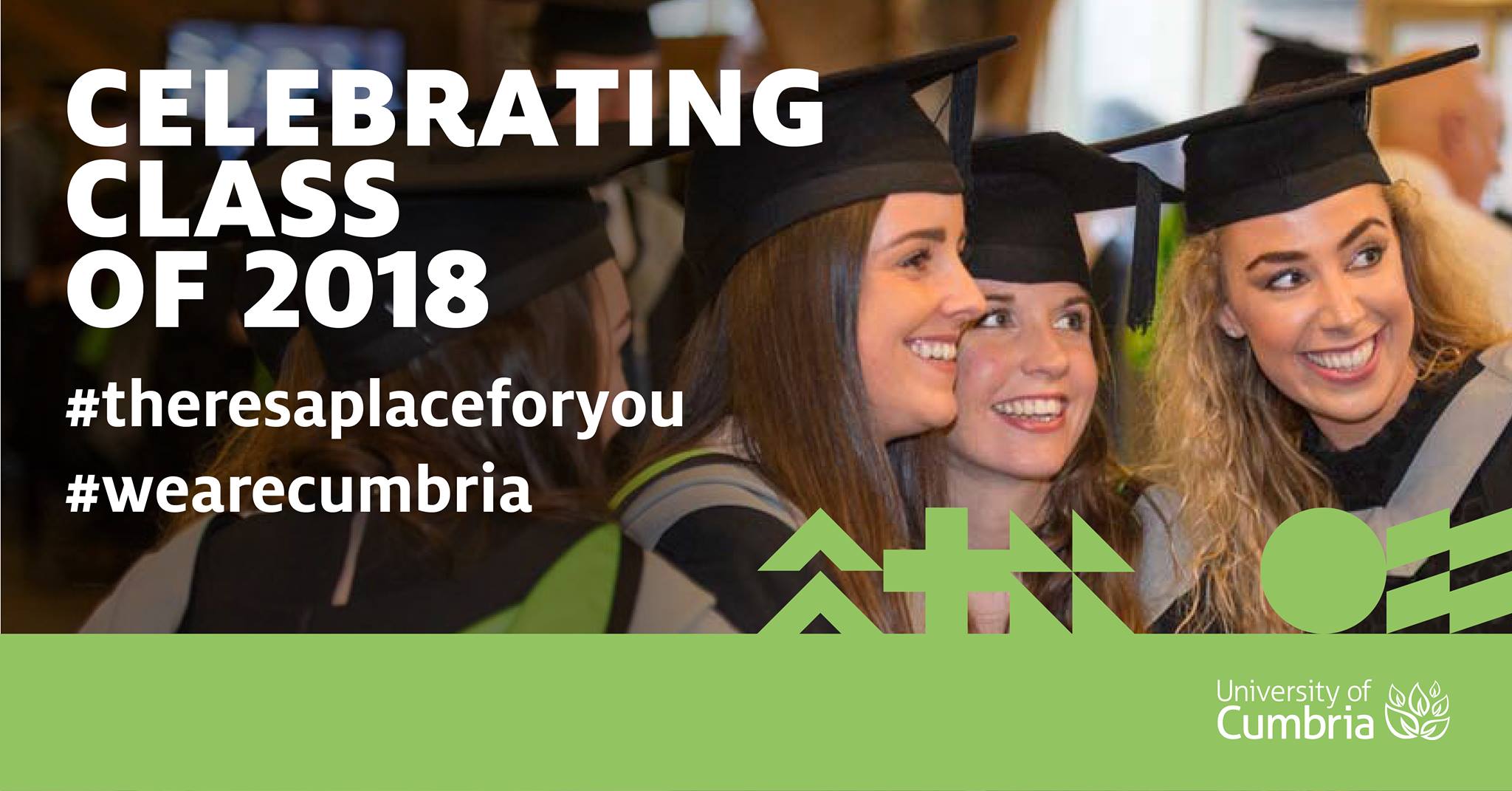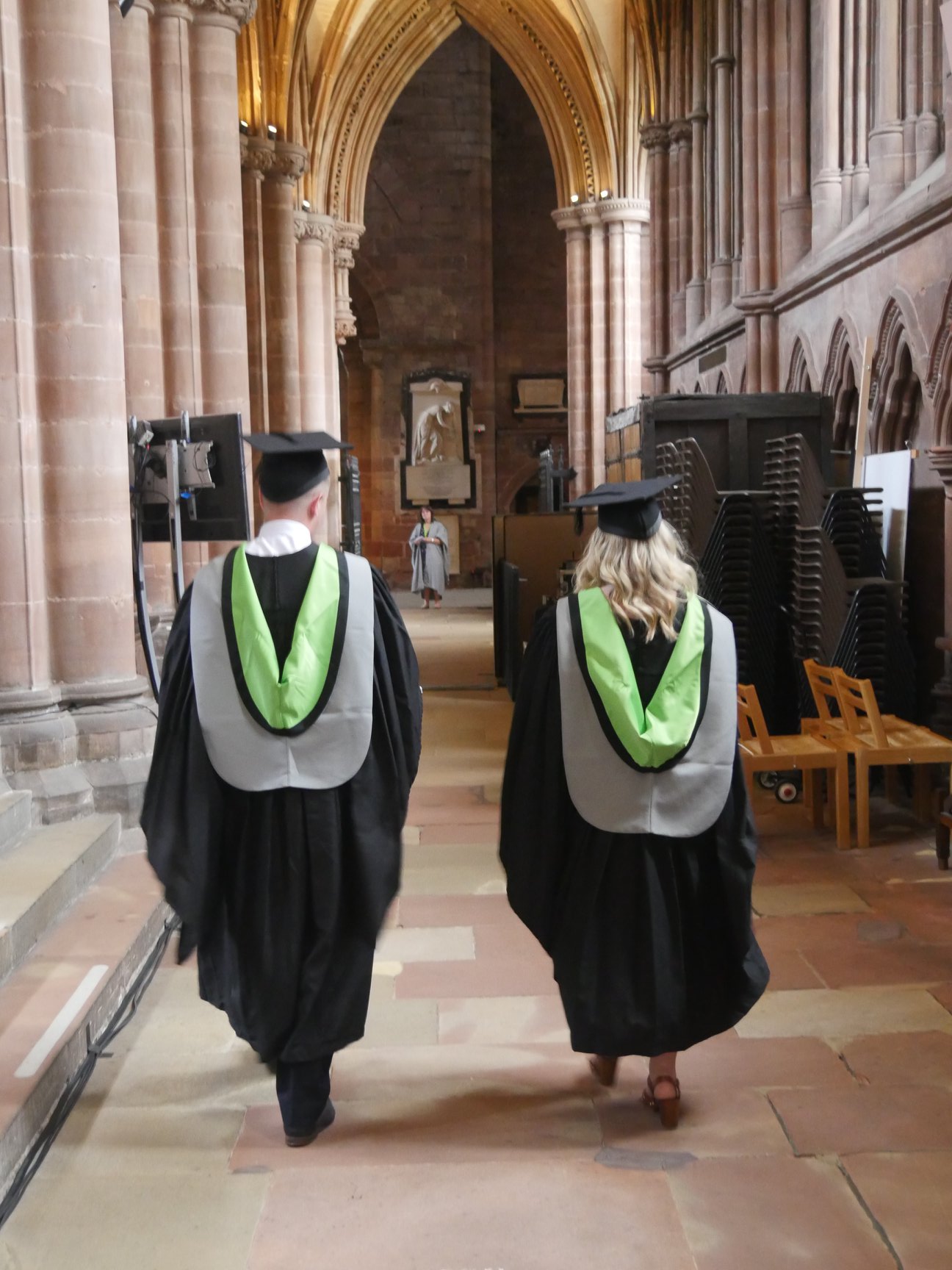In today’s globalised society, the legal field encompasses complex international regulations, trade agreements, and corporate governance standards. As the demand for legal expertise increases, management professionals can significantly benefit from an online Master of Laws (LLM) in International Business Law. This programme is a gateway to mastering global commerce, equipping individuals with the skills to thrive in international business. Furthermore, this advanced degree provides a flexible format tailored to meet the diverse needs of aspiring managers worldwide, making it an attractive option for those seeking to advance their careers in an interconnected world.

The Online Master of Laws (LLM) in International Business Law at Robert Kennedy College, Switzerland, is specifically crafted for management professionals and graduates who wish to enhance their understanding of international business law. This demanding programme presents a thorough curriculum covering essential subjects such as international trade law, corporate governance, and dispute resolution mechanisms. Offered online, it allows working professionals to manage academic and personal commitments.
Alongside academic rigour, the programme fosters international networking opportunities, connecting students with diverse peers and esteemed faculty worldwide. These interactions not only enrich learning but also strengthen professional relationships that are vital for success in international business law.
Some of the key benefits of pursuing an online LLM in this dynamic field are:
Flexibility
Enrolling in an online Master of Laws (LLM) programme offers notable advantages, primarily flexibility. Unlike traditional degree programmes that require classroom attendance, online LLM programmes allow students to study at their own pace. They can choose their learning environment—home, a café, or any suitable location. This adaptability benefits working professionals who are balancing careers and studies, as well as individuals with family commitments. Online programmes align educational goals with personal and professional obligations, making higher education more accessible for diverse learners.
With asynchronous modules, recorded lectures, and discussion forums, students can access course materials at their convenience. For those in demanding legal jobs, this flexibility enables them to continue their education without sidelining their careers.
A Global Curriculum

An online Master of Laws (LLM) in International Business Law provides students with a thorough understanding of global legal principles. The programme covers international trade law, which deals with the rules governing trade. It enables students to grasp vital legal concepts and develop the skills necessary to navigate the legal challenges that multinational corporations encounter. Graduates are thus well-equipped to make meaningful contributions to their global professional careers.
Career Growth
Specialising in International Business Law offers a significant advantage in a competitive job market. As organisations—from multinational corporations to smaller NGOs—navigate complex operations across jurisdictions, the demand for managers with a solid legal foundation has grown. An online LLM (Master of Laws) provides specialised training in key areas like International Alternative Dispute Resolution, Contracts, and International Trade Law. These skills are crucial for managing global trade laws, enhancing career prospects and organisational effectiveness.
For professionals transitioning to global legal roles, the degree offers academic credentials and practical insights essential for success. It also acts as a pathway to leadership positions and specialised consulting opportunities.
Networking
The perception that online learning is isolating can be misleading, as the online programme is designed to cultivate global networking opportunities. Through virtual classrooms, collaborative assignments, discussion forums, and live webinars, students are provided a robust platform to engage actively with their peers and faculty members from various cultural and professional backgrounds. These interactions are crucial as they reflect the inherently international nature of business law, where collaboration across borders is not merely an exception but a standard practice. Online programmes can enhance students’ experiences by fostering connections vital in today’s interconnected global marketplace.
Cost-Effectiveness

Pursuing an online LLM (Master of Laws) is often a more cost-effective option than attending an on-campus programme. The financial savings arise from various factors: students do not incur commuting, accommodation, and other expenses typically associated with traditional education formats. Furthermore, many online programmes offer flexible payment plans that facilitate financing, making higher education more accessible. This blend of affordability and convenience, combined with the degree’s potential to enhance earning power significantly, makes an online LLM a highly worthwhile investment for many individuals seeking to advance their careers.
Balancing Work-Life-Education
Returning to school can be daunting for many professionals, particularly when balancing work and personal responsibilities. Online programmes offer flexibility, enabling individuals to manage these competing priorities effectively. A significant advantage of online learning is the ability to tailor study schedules around lifestyle commitments, allowing students to pursue academic goals without compromising family, work, or personal interests.
Online Master of Laws (LLM) programmes provide a flexible format essential for working professionals, equipping them to advance their education whilst maintaining career trajectories. This dual focus enables them to acquire new knowledge and skills to apply in their jobs.
In summary, the flexibility of online education empowers students to excel academically and professionally, making it a practical choice for advancing careers without the constraints of traditional schooling.
Accessibility
Online education transforms traditional learning by removing geographical barriers, enabling individuals worldwide to access advanced opportunities. The shift to online platforms frees students from the necessity of relocating for in-person classes, alleviating complex visa issues. This promotes inclusivity and enriches education by providing quality learning for diverse backgrounds.
Online programmes also combine live interactions with recorded sessions, offering flexibility for students across different time zones. The design prioritises accessibility, allowing meaningful engagement in education regardless of location or personal circumstances. This evolution democratises learning and enhances global perspectives in academic discourse.
An online Master of Laws in International Business Law is more than just an academic qualification—it is a gateway to global opportunities. By offering flexibility, a diverse curriculum, networking prospects, and career advancement potential, this degree empowers management professionals to excel in an increasingly interconnected world. Whether you want to specialise, transition to international roles, or remain updated in a rapidly changing field, an online LLM provides the tools and knowledge necessary to succeed. Embracing this mode of learning could be your stepping stone to a dynamic and fulfilling career. Click here to apply.

